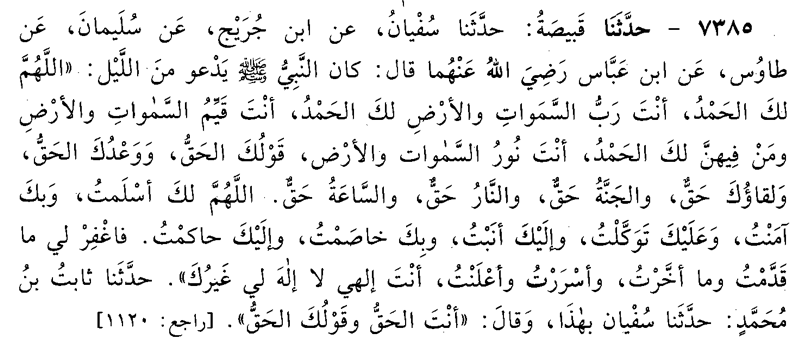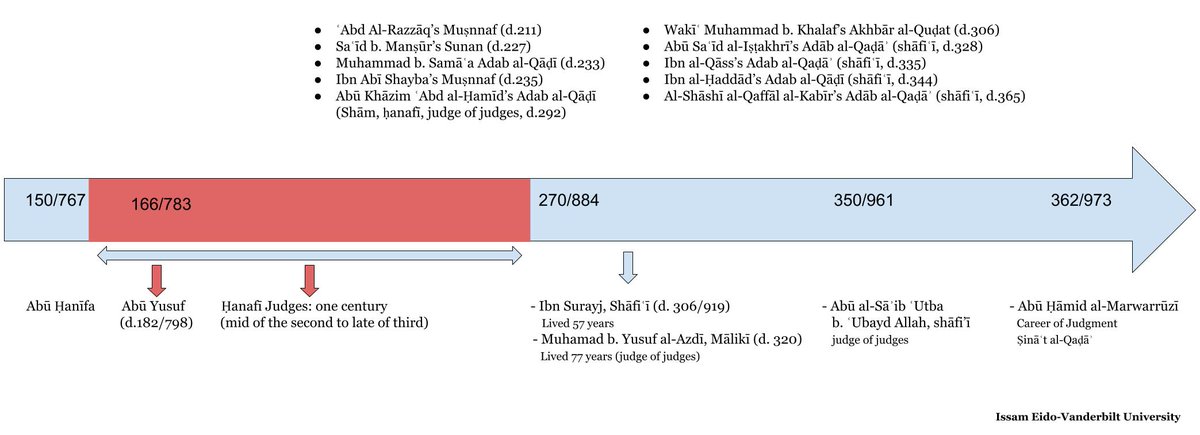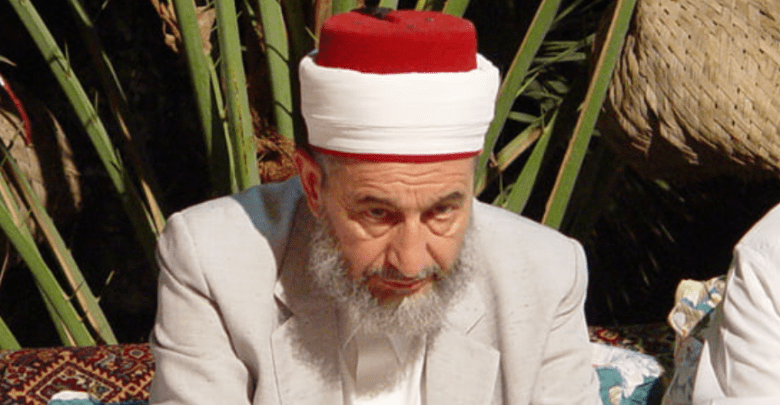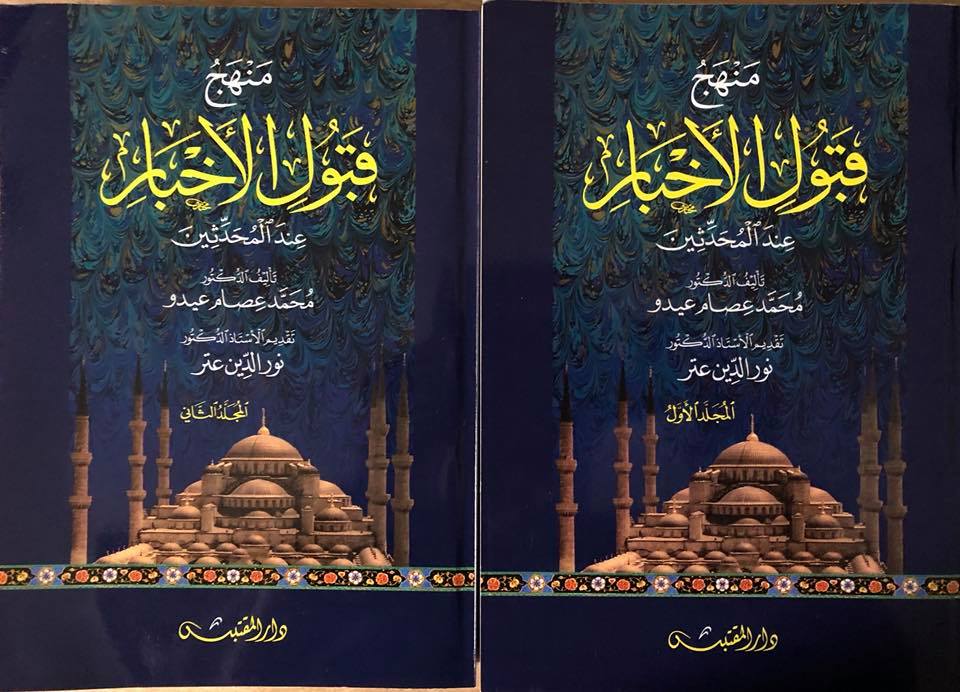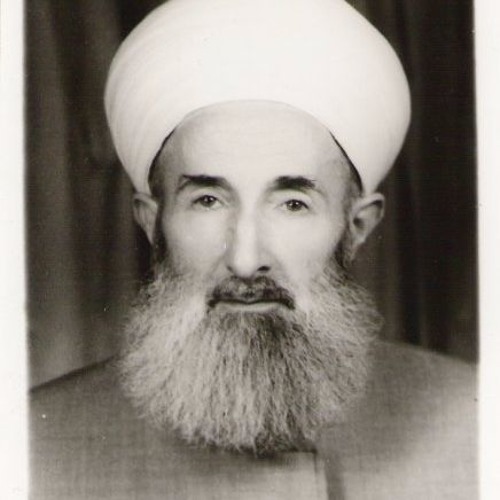Yesterday, we did a khatm for Sahih al-Bukhari with some students at Harvard and other other universities. here is an eleven hadith I selected for the khatm. Most of them related to the Islamic perspective on pandemic. some of them are supplication. #Covid_19
• • •
Missing some Tweet in this thread? You can try to
force a refresh





